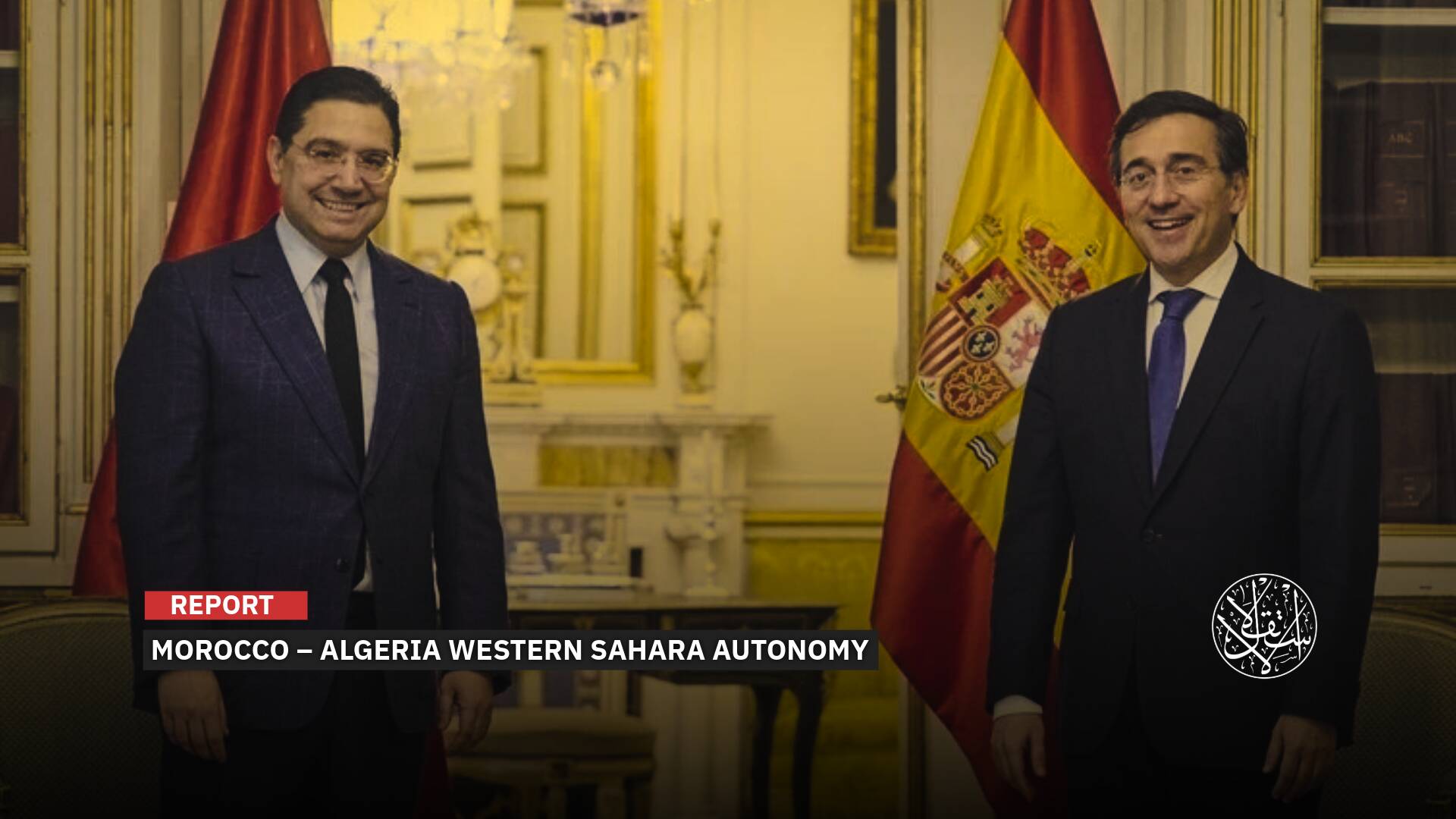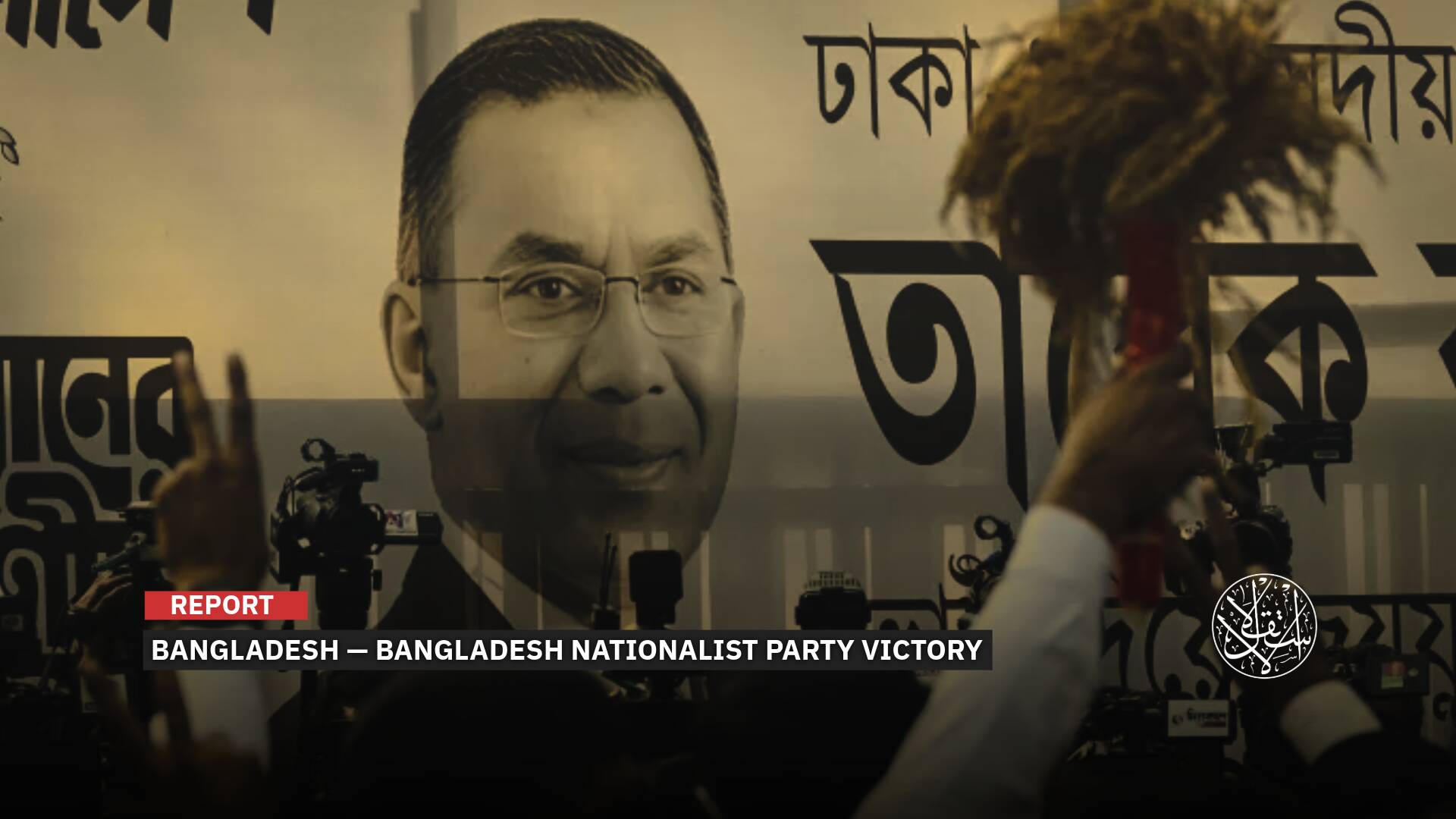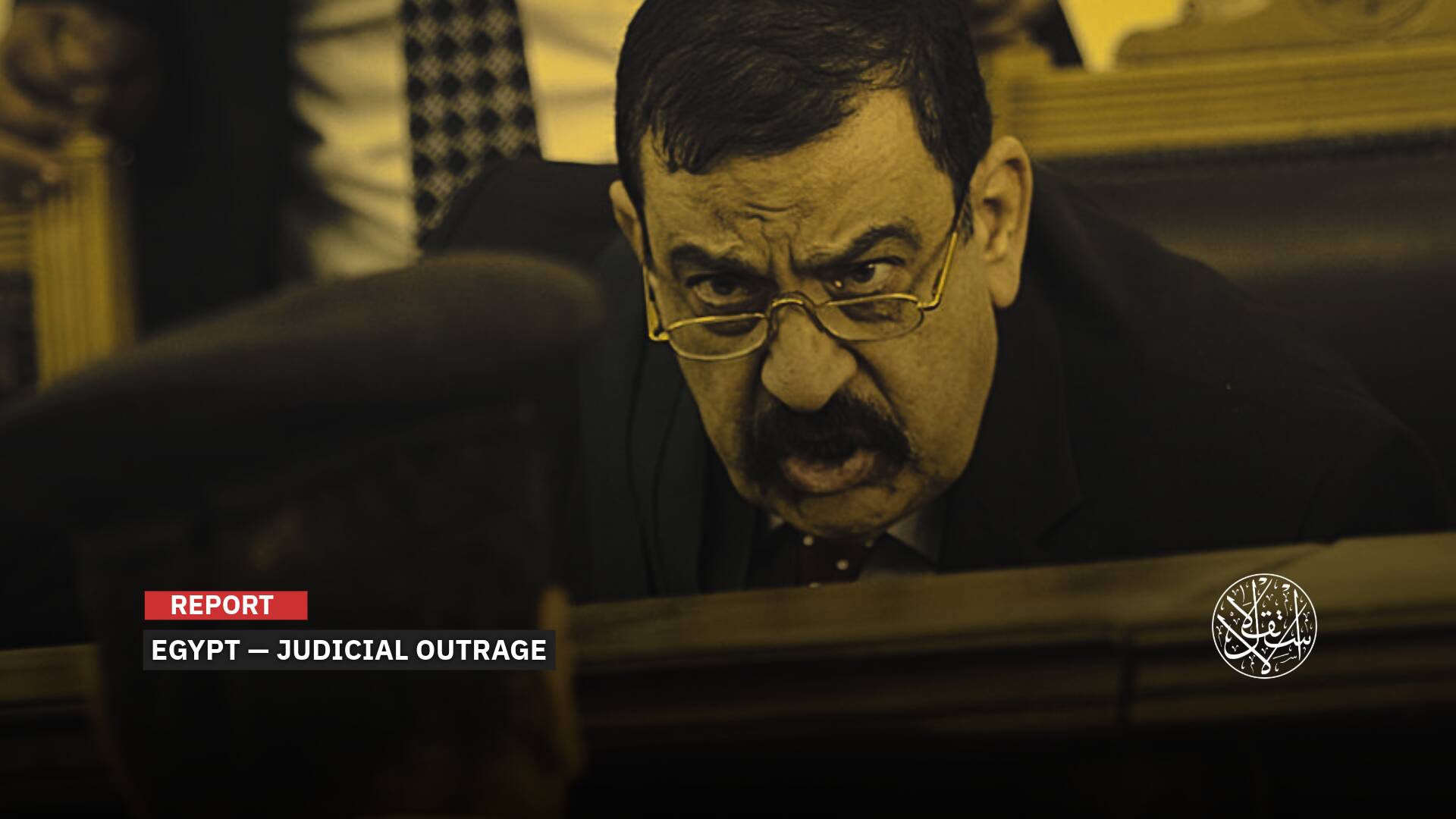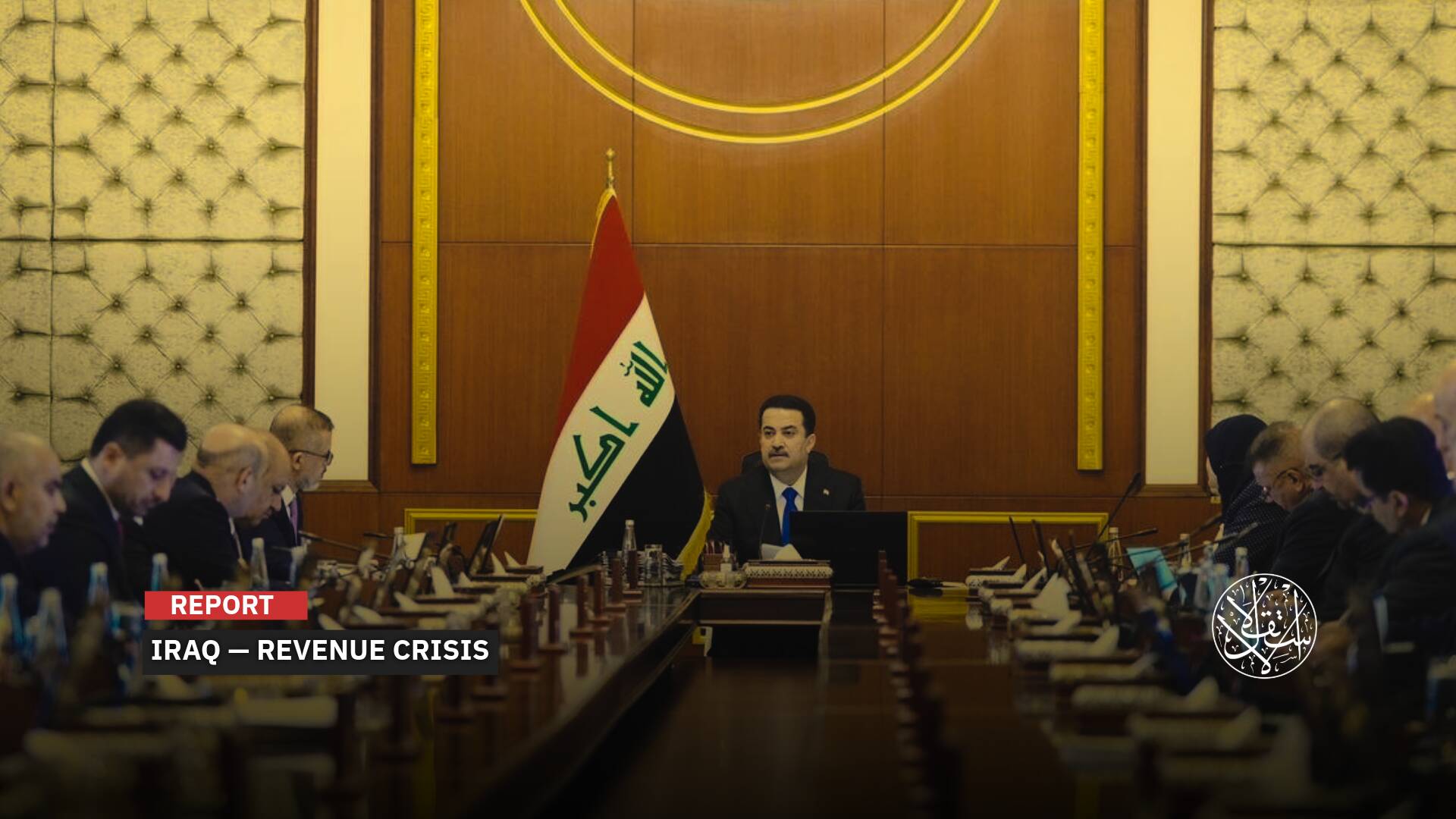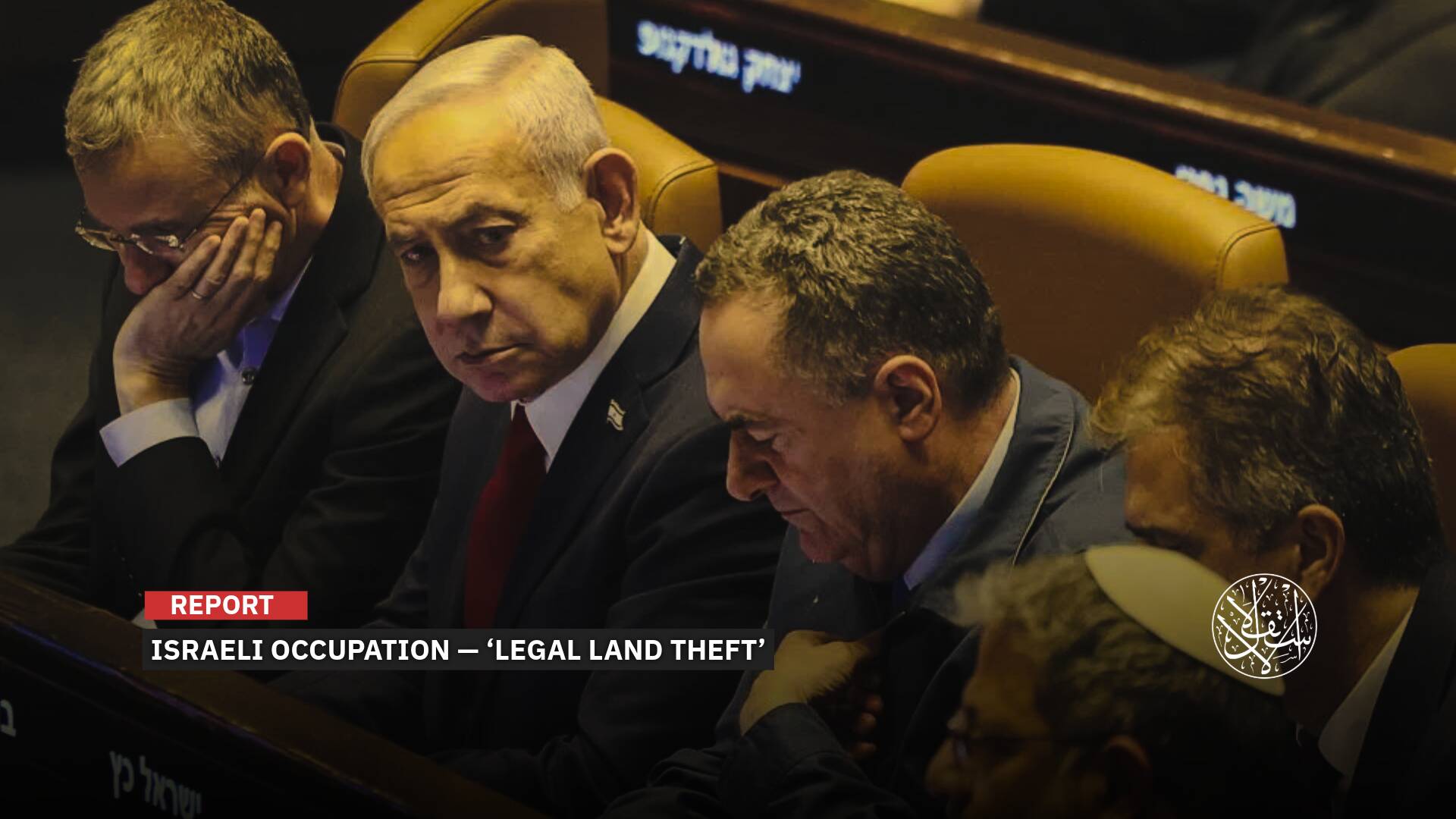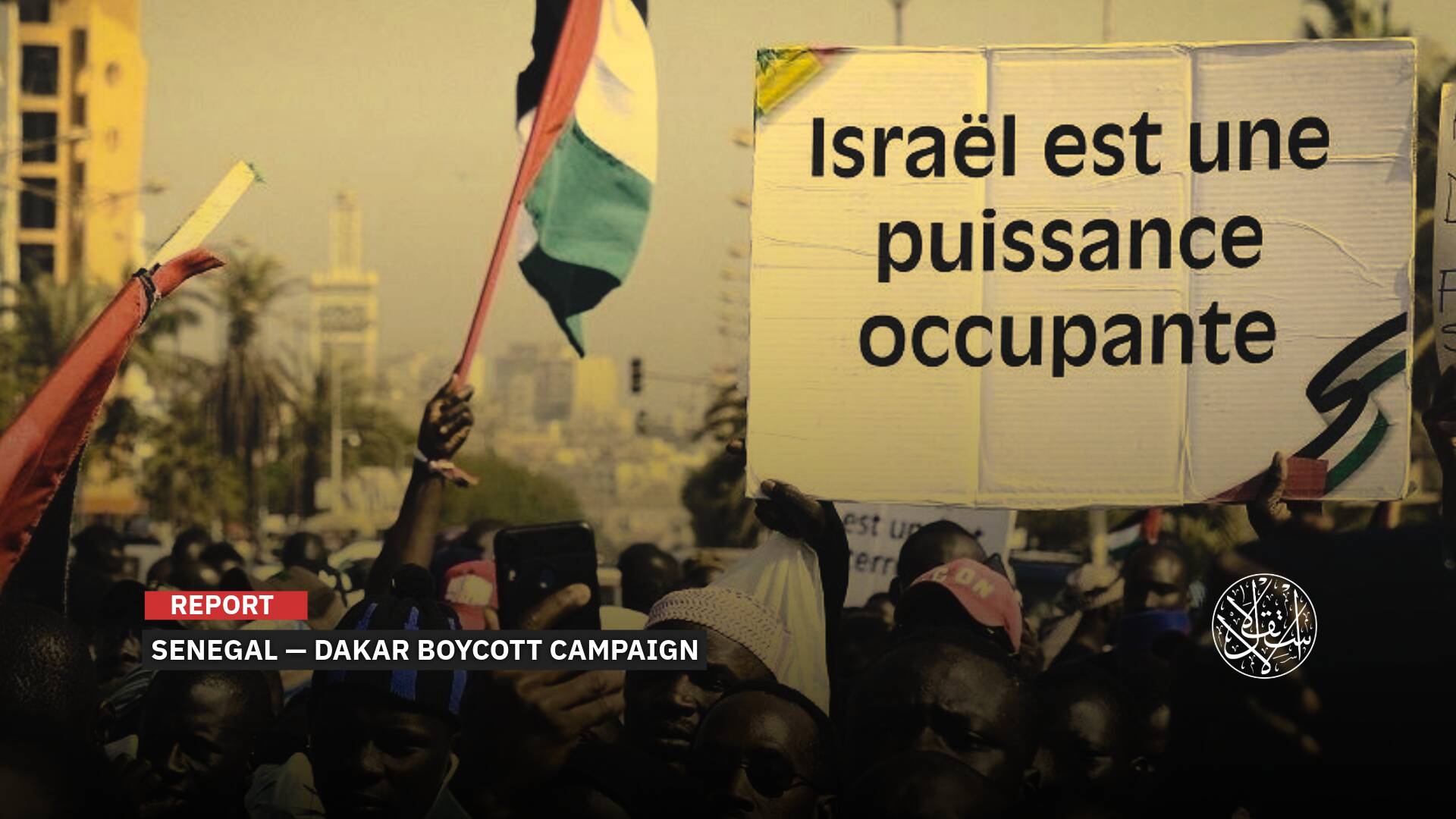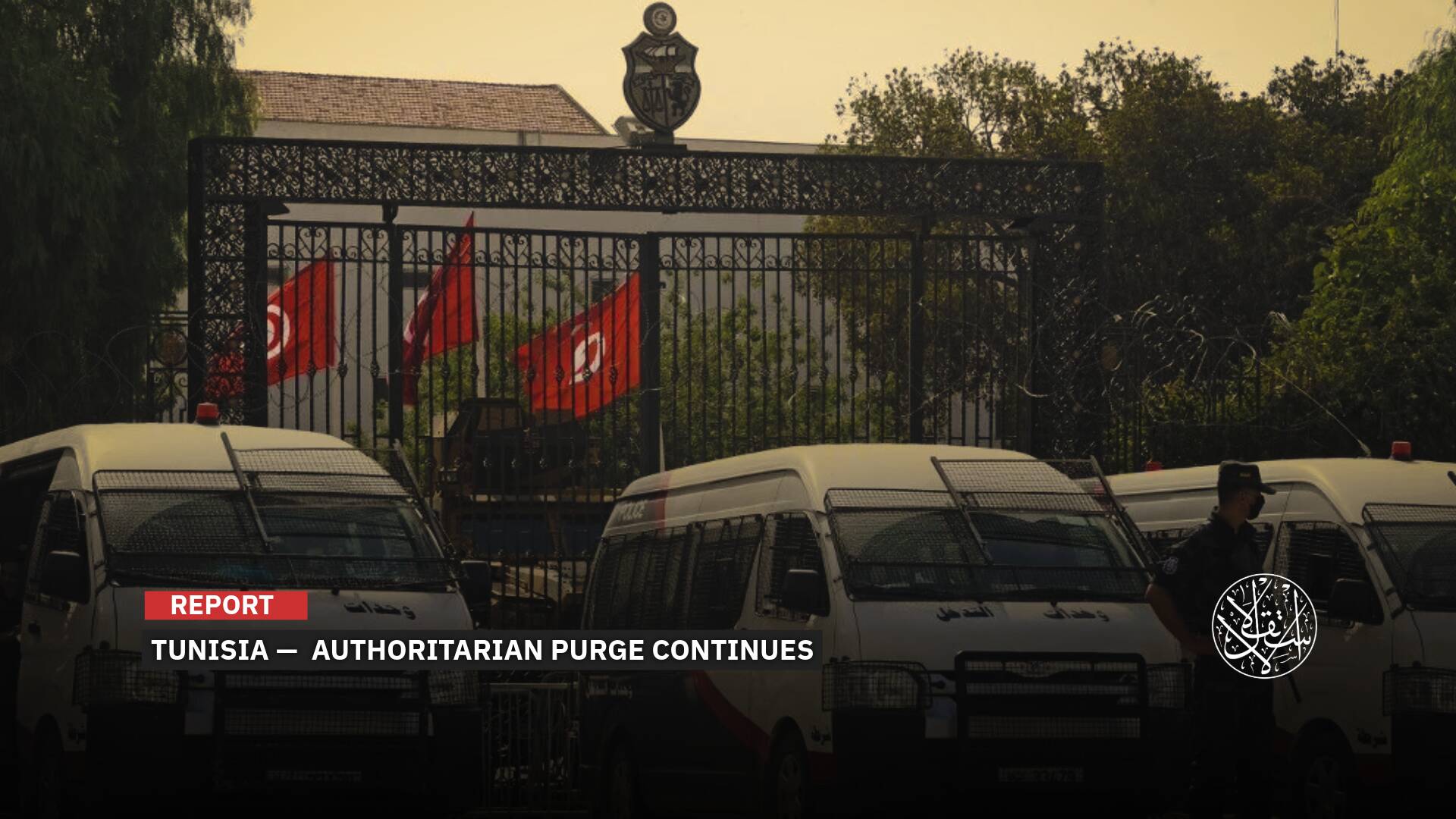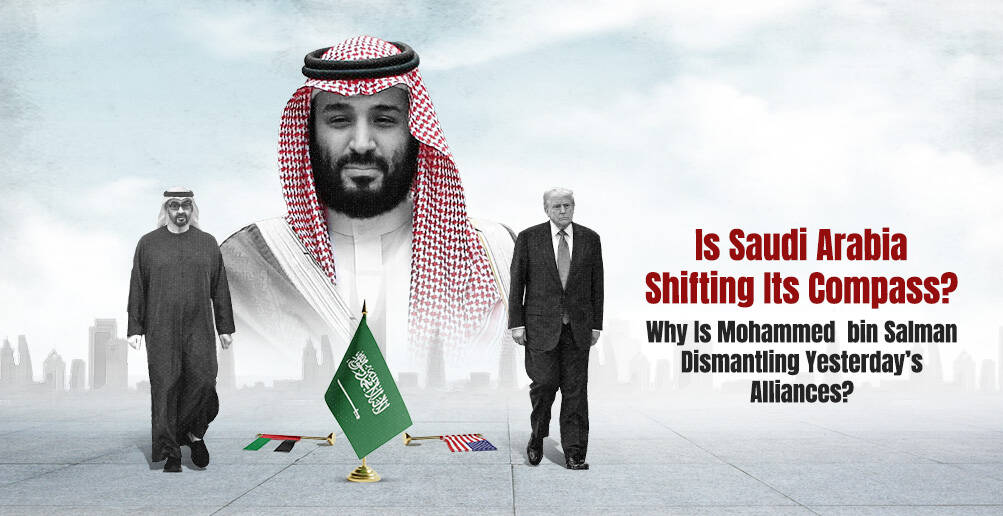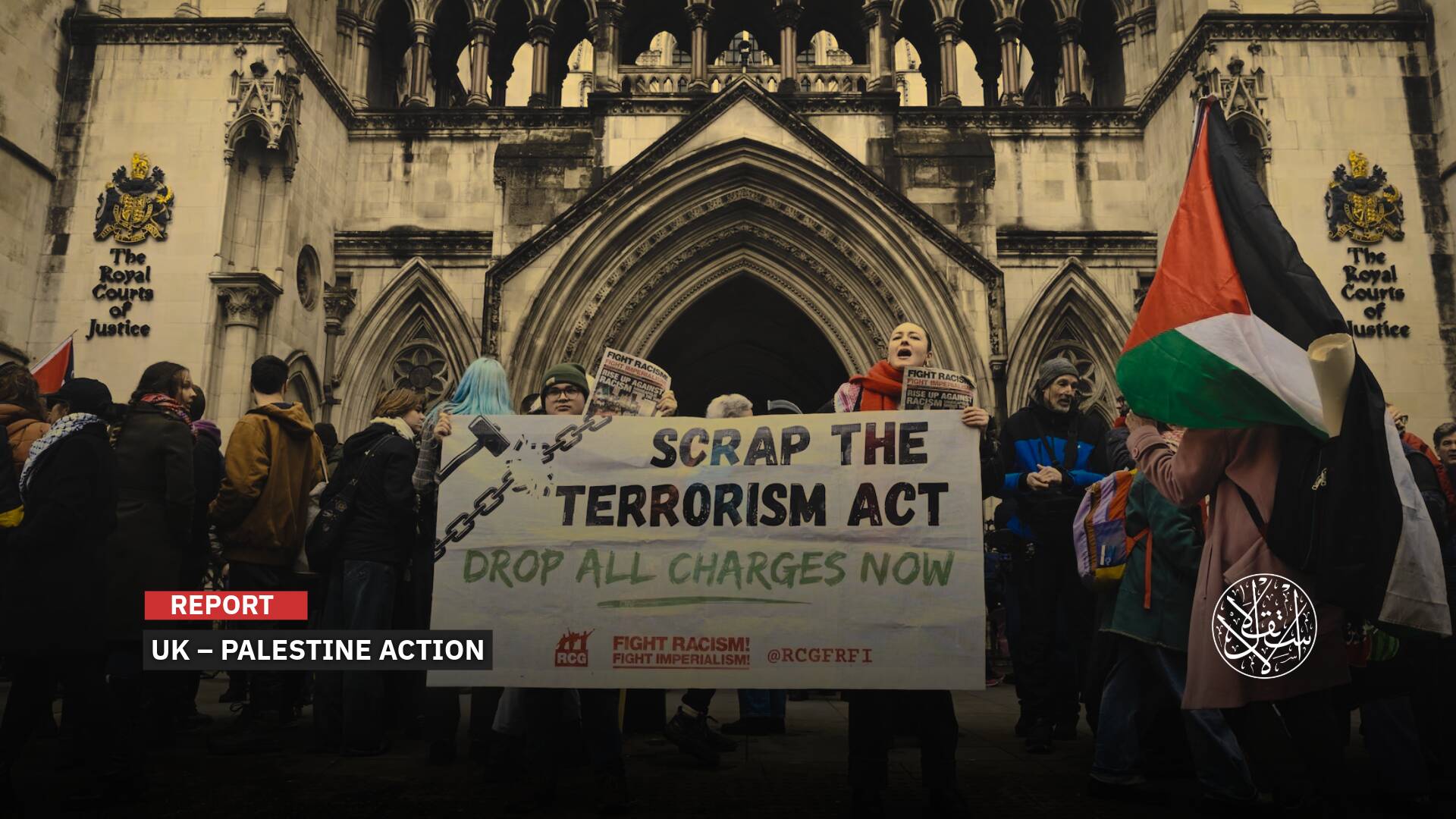Russia Moves to Open a New Chapter with the Syrian State: Why Now?
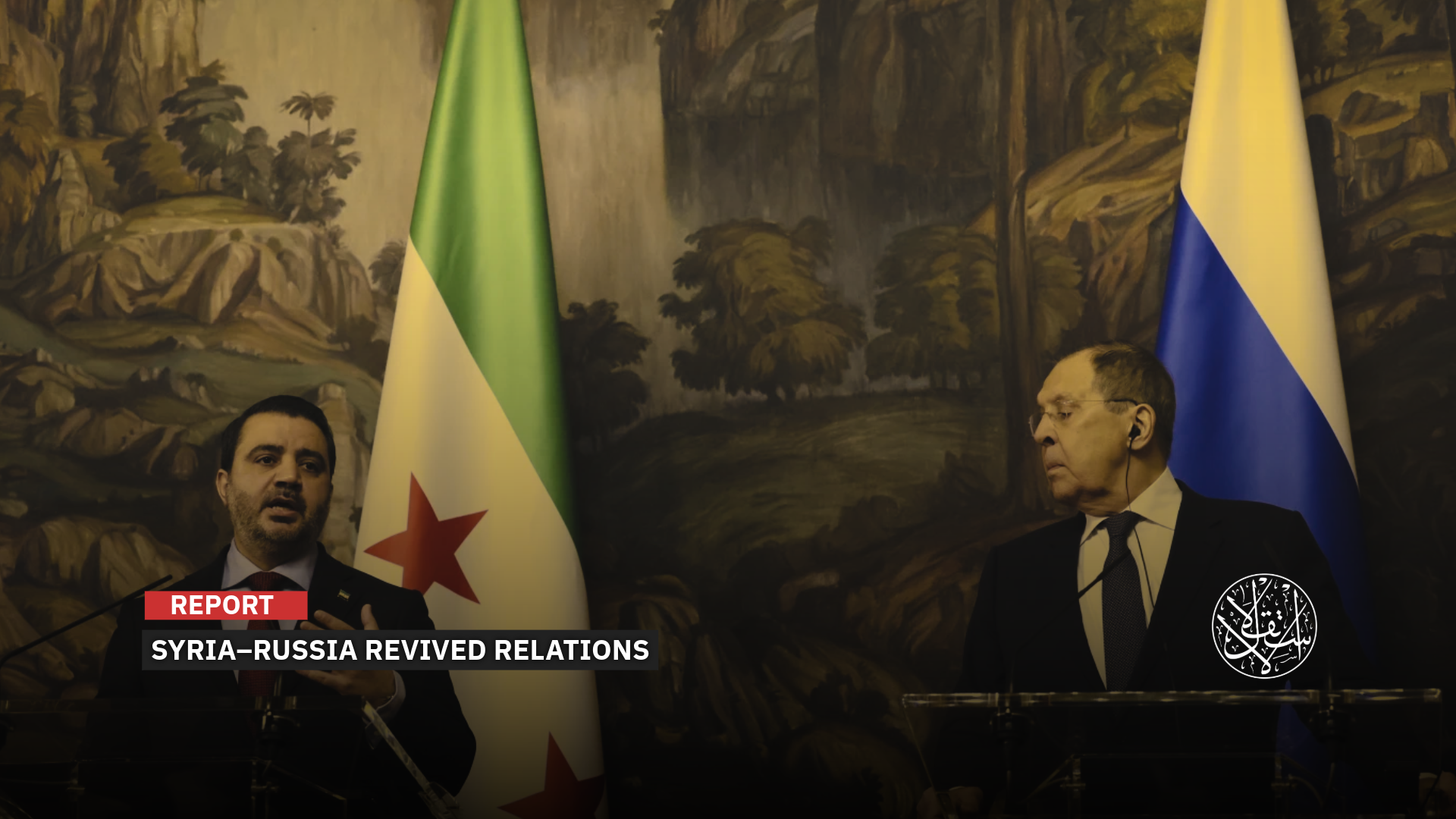
“Moscow and Damascus will come together based on shared interests, not absolute hostility.”
Russia believes the time has come to open a new chapter with the emerging Syrian state, as Moscow looks to safeguard its regional interests and Damascus seeks to mend ties with what was once seen as a sworn enemy of the Syrian people.
Since the fall of Bashar al-Assad’s regime on December 8, 2024, and his subsequent evacuation to Russia, with Moscow having long been his principal ally in the Middle East, the Kremlin has closely monitored developments on the ground.
This comes amid a cloud of uncertainty surrounding the fate of two Russian military bases on Syrian soil, which have granted Moscow a strategic foothold on the Mediterranean Sea.
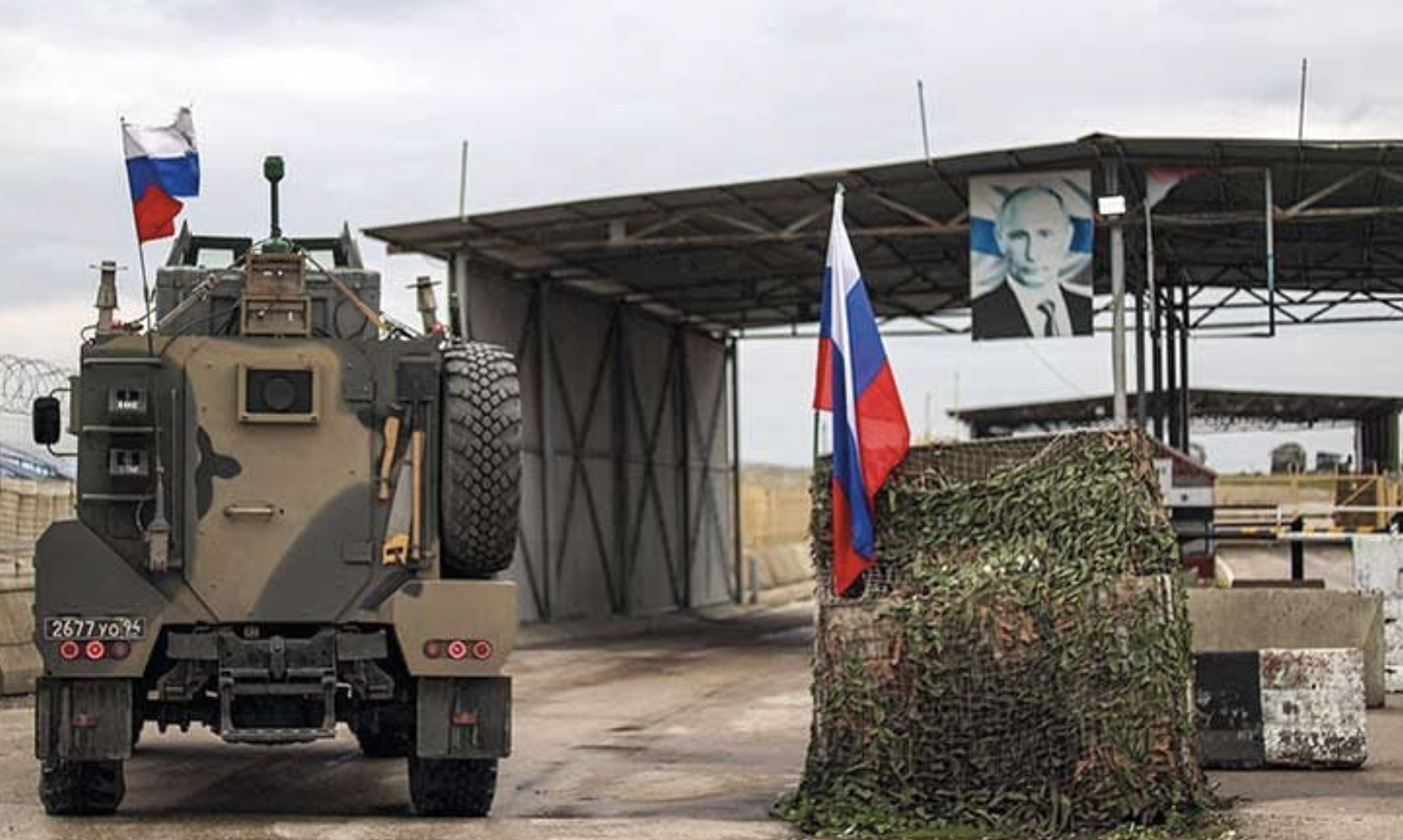
A New Trajectory
Russia appears keen to recalibrate its relationship with the new Syrian state, having extended an invitation to Foreign Minister Asaad al-Shaibani, who accepted and visited Moscow on July 31, 2025, accompanied by Defense Minister Murhaf Abu Qasra and Intelligence Chief Hussein al-Salama.
President Vladimir Putin and Foreign Minister Sergey Lavrov met with al-Shaibani in the Russian capital.
The Syrian Arab News Agency, SANA, reported that Putin received al-Shaibani and his accompanying delegation at the Kremlin, offering no further details about the meeting.
At a joint press conference with Lavrov, al-Shaibani said his visit to Moscow aimed to begin a necessary discussion based on the lessons of the past, to shape the future.
He announced an agreement with Lavrov to form two committees tasked with reassessing prior agreements between Syria and Russia.
Al-Shaibani spoke of “great opportunities” for a strong and united Syria, expressing hope that Moscow would stand by Damascus in this process.
“We are in the reconstruction phase and need all partners. We are working to benefit from the lessons of the past to build the future,” he said.
Lavrov thanked Syrian authorities for securing two Russian bases in the country, where Moscow still maintains a presence, and voiced support for lifting sanctions on Syria.
He said Russia hopes Syrian President Ahmed al-Sharaa will attend a summit between Russia and Arab League member states in Moscow this October.
“Of course, we hope that President al-Sharaa will be able to take part in the first Russia–Arab League summit, which is scheduled for 15 October,” Lavrov added.
The Foreign Minister affirmed that Russia’s support for Syria does not depend on the political situation or changes in government.
This marks the first time a senior Syrian official has visited Russia since it was the top backer of Assad prior to his ouster.
“There are many opportunities for a strong, united Syria, we hope Russia stands with us on this pathway,” al-Shaibani told Lavrov.
The Language of Interests
Moscow has sought to rearrange its military presence in Syria under the country's new leadership, following Assad’s fall.
President al-Sharaa met with a Russian delegation headed by Deputy Foreign Minister Mikhail Bogdanov on January 29, 2025, in the first visit to Damascus since Assad’s removal. Moscow had backed Assad militarily for over a decade and later granted him asylum.
Al-Sharaa also held a phone call with Putin on February 12, 2025, their first contact since Assad’s fall.
Putin wished al-Sharaa “success in meeting the challenges faced by the country's new leadership for the benefit of the Syrian people, with whom Russia has historically maintained friendly ties and mutually beneficial cooperation,” said the Kremlin in a statement.
The fate of Russia’s military bases in Syria, which have provided the Kremlin with influence over the Mediterranean and into North Africa, remains the central issue shaping the future of Damascus–Moscow ties.
Russia is currently working to preserve the legal status of its airbase in Hmeimim, in the Latakia countryside, and its naval base in Tartus (Moscow’s only two military outposts outside the former Soviet Union) in accordance with agreements made under the deposed Assad regime.
“Russia violated the rights of the Syrian people by intervening on behalf of Assad in 2015 to suppress the revolution. That intervention was neither legitimate nor authorized by the UN Security Council. Assad had already lost revolutionary legitimacy at the start of the uprising, as sovereignty belongs to the people,” Syrian writer and political analyst Ahmad al-Hawas told Al-Estiklal.
“The Syrian revolution’s victory compels Russia to engage with the new Syria on completely different foundations than under Assad, foundations that move away from full-scale dominance.”
“Especially as Russia is considered an occupying power and, under Chapter VII of the United Nations, owes reparations to the Syrian people,” al-Hawas said.
“Russia, as the world’s second military power and currently locked in confrontation with the European Union through the war in Ukraine, sees Syria’s geopolitical position as reason to open a new chapter with the new leadership and to prioritize the language of interests at this stage.”
“In turn, Syria will approach Russia as a global power with longstanding ties, which means engagement will be based on mutual interests rather than absolute hostility,” he added.
Al-Hawas believes that Russia’s talk of reviewing all agreements signed during Assad’s tenure suggests a potential willingness to forgive debts the former regime accumulated with Moscow. It may also offer economic incentives in exchange for retaining its naval base in Tartus on the Mediterranean.
“Syria may continue importing conventional weapons from Russia, especially given the indication implied by the inclusion of Defense Minister Abu Qusra in the Syrian delegation to Moscow,” according to the political analyst.
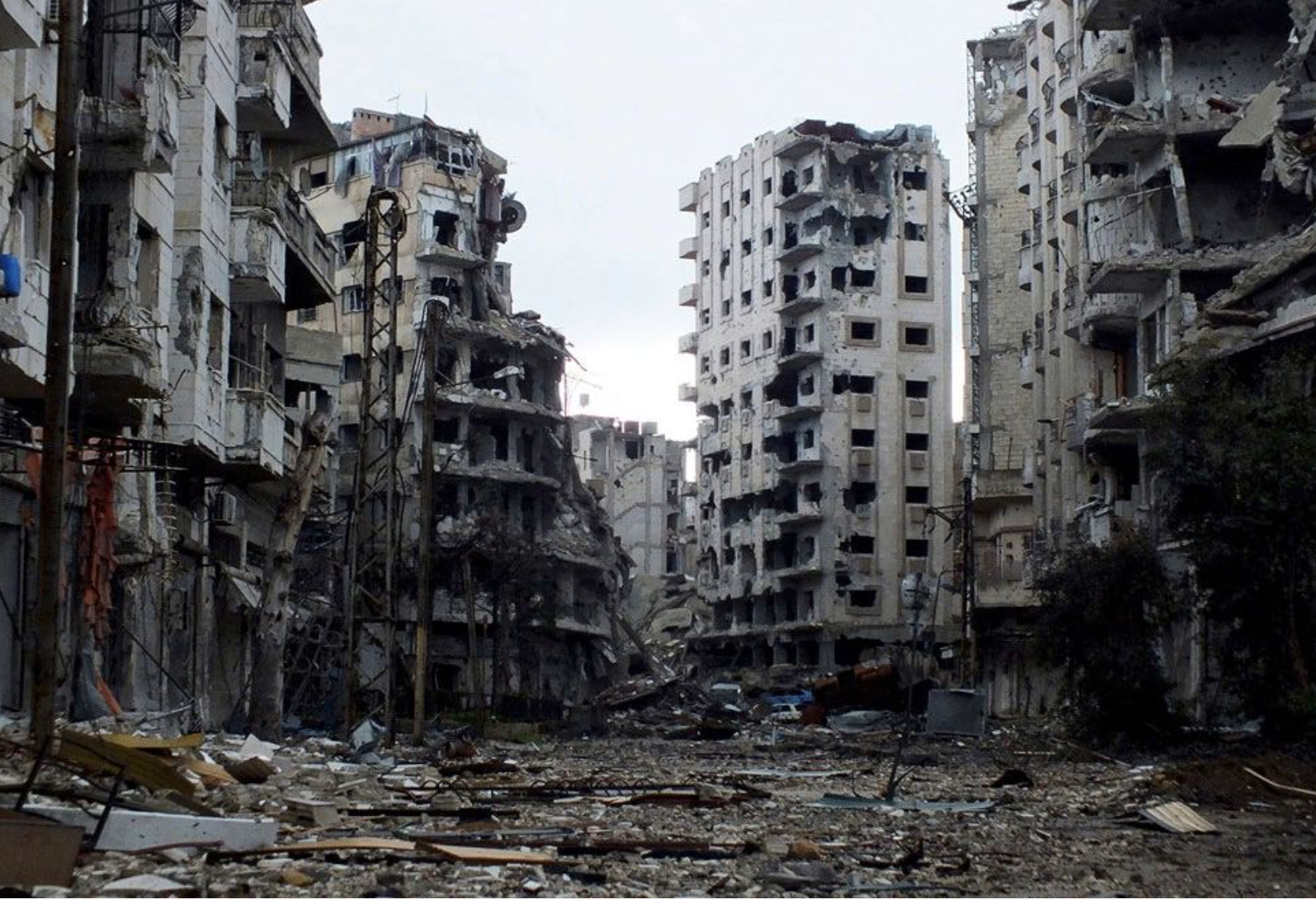
A Clear Strategy
Observers believe Russia may exert pressure on “Israel,” which withdrew from the 1974 disengagement agreement with Syria the day after Assad’s fall, to halt repeated violations that threaten the country’s stability and territorial integrity.
Since then, and on an almost daily basis, the Israeli Occupation forces have conducted ground incursions into Syrian territory, carrying out strikes and bombardments that often result in both material damage and casualties.
“Israel” has also supported separatist movements in southern Syria, particularly in Sweida province, home to a Druze majority.
Some experts point to the possibility of deploying Russian peacekeeping forces in the Golan Heights (an idea proposed by President Putin in 2013) as a current option for Damascus to revive this role, in light of ongoing Israeli aggression and Moscow’s solid relations with the Israeli government.
On July 17, 2025, Russia’s Foreign Ministry condemned Israeli airstrikes on Syria, calling them a violation of the country’s sovereignty and of international law.
The Kremlin announced on July 28 that Putin had discussed the situation in Syria during a phone call with Israeli Prime Minister Benjamin Netanyahu.
“Putin emphasized the importance of supporting the unity, sovereignty, and territorial integrity of the Syrian Arab Republic and reinforcing its internal political stability by respecting the legitimate rights and interests of all ethnic and confessional communities,” The Kremlin said.
Setting aside hostilities may prove beneficial for both nations, according to observers. Syria, now embarking on the path of state-building and economic recovery, needs constructive relations with permanent members of the United Nations Security Council, including Russia.
The resumption of traditional Russian supplies of arms, fuel, and wheat may be a lifeline for a country of 23 million people, 80 percent of whom live in poverty.
“There is a clear strategy that Moscow is engaging with the ruling authority in Syria. This marks a shift from its earlier stance under Assad, especially amid the profound changes that have taken place in Syria, prompting Moscow to recalibrate its course, something also tied to its relationship with Turkiye,” said Wael Alwan, a researcher at the Jusoor Center for Studies.
“The Syrian government views Russia as having been complicit in the genocidal Assad regime. Today, however, Moscow, through its seat on the Security Council and its veto power, can play either a constructive or destructive role in the stability of the Eastern Mediterranean,” Alwan told Al-Estiklal.
“Damascus hopes to limit any negative Russian interference in Syrian affairs, while channeling Moscow’s potential positive role to serve Syria’s interests.”
Sources
- Putin expresses support for new Syria in phone call with Sharaa
- Lavrov: “We Look Forward” to al-Sharaa’s Visit in Mid-October
- Lavrov invites Syrian president to attend Russia–Arab summit
- Russia hosts Syria’s new foreign minister for the first time since Assad’s ouster
- Putin Stresses Syrian ‘Territorial Integrity' in Call with Netanyahu
- Syrian foreign minister in Russia for first meeting since Assad's overthrow


